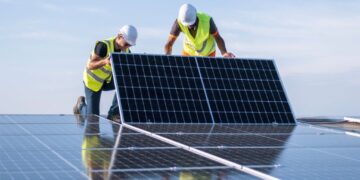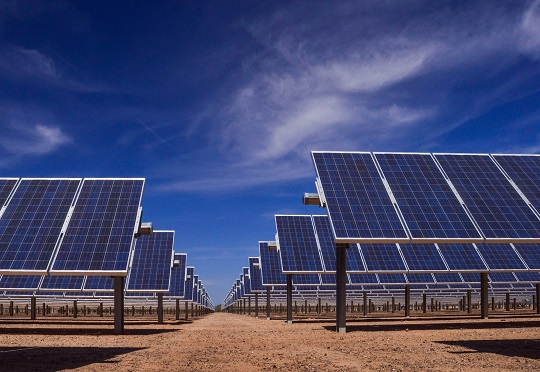The conversation around minigrids powered by renewable energy has been unceasing in Nigeria as the industry stakeholders continue to express optimism about the scalability of this alternative energy system, and as a result, this relentless push for mini grids is gaining traction as the sector continues to grow and expand.
In Nigeria, energy access and reliability which has been described as closely linked with poverty can only be overcome by providing people with a steady stream of electricity in order to carry out various economic activities.
A recent report by Brookings Institution showed that Nigeria has the highest number of poor people in the world, a sad but true reality as a whopping 87 million people are languishing in extreme poverty and a major way to lift these people out of the dire conditions they are in is electricity.
This issue aforementioned and others were thoroughly addressed by the industry players at Sustainable Conversations, themed mini-grids; bridging the electricity gap through renewables, organized by ThistlePraxis Consulting and IHS Towers.
Ify Malo, country director, Power for All, who was present at the event spoke on the issue and said that “looking at the issues around electricity, it is actually a poverty issue, there is something we call the energy ladder, and if we don’t get people climbing that ladder from tier 1 to tier 5 using much more sophisticated methods of energy access, we are going to have a lot more people remaining in poverty.”
She also said that the gap would continue to grow until more people are given electricity to bridge this gap. And that the only way to do that was through renewable energy, mostly three quarter of Nigerian un-electrified are living in rural and deep rural communities.
Energy access is a problem majorly faced by rural inhabitants who don’t have access to electricity at all while unreliability is faced by urban dwellers, who are paying for electricity but are not getting enough or even getting at all to meet their energy needs.
“There are so many communities in Nigeria that have not seen electricity,” Malo lamented.
Sanusi Ohiare, executive director, Rural Electrification Fund, Rural Electricification Agency (REA) who echoed the sentiments, said that, REA in conjuction with Rocky Mountain Institute carried out a study and found out that almost 100 million Nigerians don’t have access to electricity, which means half of Nigerians don’t have access to electricity.
He said the gap is huge, and that more needs to be done to bring more players especially renewable energy technologies. “Minigrids are not just solar, there are other technologies that can be found within a site. So we are looking at mini hydro, small wind farms, but mostly solar,” he said.























